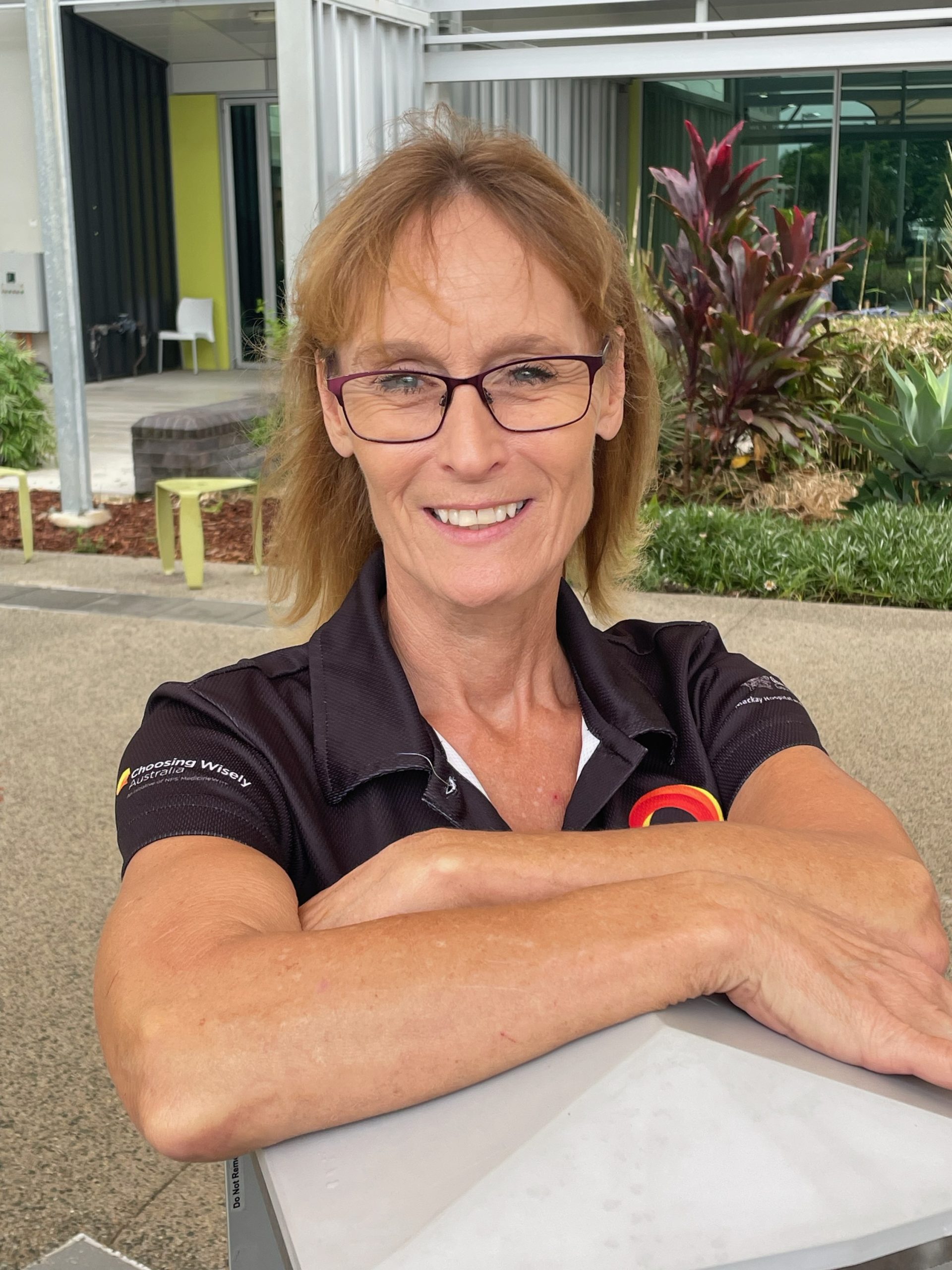Two separate tragic family losses are the reason Dr Alison Pighills is so passionate about falls prevention.
The Mackay researcher has been awarded $4 million in funding to conduct a five-year study into reducing fall-related injuries which will have an enormous impact on the ageing population worldwide.
It’s the culmination of 20 years of hard work and a project very close to the heart of the Mackay Hospital and Health Service Principal Research Fellow and Adjunct Associate Professor with James Cook University (JCU).
While working on her PhD investigating the clinical effectiveness of home hazard reduction to prevent falls in older people in 2006, her father-in-law died instantly following a head injury after he fell downstairs at home at night in the dark. Her mother-in-law Kath died after surgery eight years later after she fell whilst getting out of bed and broke her hip.
“Ernest and Kath are two very good reasons why I am so passionate about falls prevention – we miss them both every day,” Dr Pighills said.
As one of the biggest study grants received by a MHHS researcher, Dr Pighills hopes the study and her research knowledge will be adopted and implemented by occupational therapists (OTs) to identify and reduce home hazards contributing to falls in the elderly.
The focus of the study is to train, teach and support occupational therapists to carry out Environmental Assessment and Modification (EAM) for falls prevention, which is a clinically effective intervention for clients at high risk of falls over the age of 65.
Dr Pighills said that a recent Cochrane systematic review which she co-authored had already proven the intervention was highly effective in reducing the rate of falls by about 39 per cent in elderly people with three or more falls risk factors.
“Occupational therapists already conduct home assessments with older people to look at specific difficulties they are having with daily tasks, but the study also encourages the examination of the risk of falling in three specific categories including environmental hazards in homes, internal risk factors (such as mobility, age, gender, ethnicity and functional independence) and individual behavioural risk whilst carrying out the daily tasks that people normally engage in,” Dr Pighills said.
“Older people at high risk of falls is the category of people that this intervention is extremely effective with and can reduce falls by approximately 39 per cent.
“The person will identify what they think increases their risk of falling, when they feel unsafe doing certain tasks, such as dressing or showering, and the OT will encourage them to not only identify their own risks but also identify their own solutions.”
The study received more than $2.6m from the Federal Government’s Medical Research Future Fund (MRFF) and an additional $1.4 million in in-kind support from 10 collaborating organisations, including seven universities.
Dr Pighills hopes that future research in this area will look at conducting home hazard assessments of older people at high falls risk who live in remote areas via telehealth as well as tailoring the intervention to be culturally appropriate for Aboriginal and Torres Strait Islanders.
Set to begin later this year, the study will be progressively rolled out with OTs in 12 sites – ten across Queensland, including the Mackay Hospital and Health Service, and two sites in other states. The study involves supervision of participating OTs from the public and private health system, non-government organisations and community-based services, to ensure they properly implement EAM and involves a clinical trial to evaluate the effectiveness of implementation.
Dr Pighills said the study reinforced that Mackay Institute of Research and Innovation (MIRI) could be competitive in the grant funding rounds and was engaging in research which translated into innovative practice.
“We hope this study will have a massive impact on reducing the risk of falls for elderly people not just within Australia, but worldwide,” Dr Pighills said.
“The personal cost of falls is horrific – my mother-in-law Kath died a day after surgery as is often the case when older people are severely injured in a fall.
“Almost 50% die within a year of a fall after suffering a hip fracture,” she said.
JCU Head of OT Dr Daniel Lowrie and OT Lecturer Susan Melchert are also part of Dr Pighills’ study.
A yearly $28,000 stipend is available for students wishing to study for a PhD with JCU who are interested in joining the study, with interested students urged to contact alison.pighills@health.qld.gov.au



